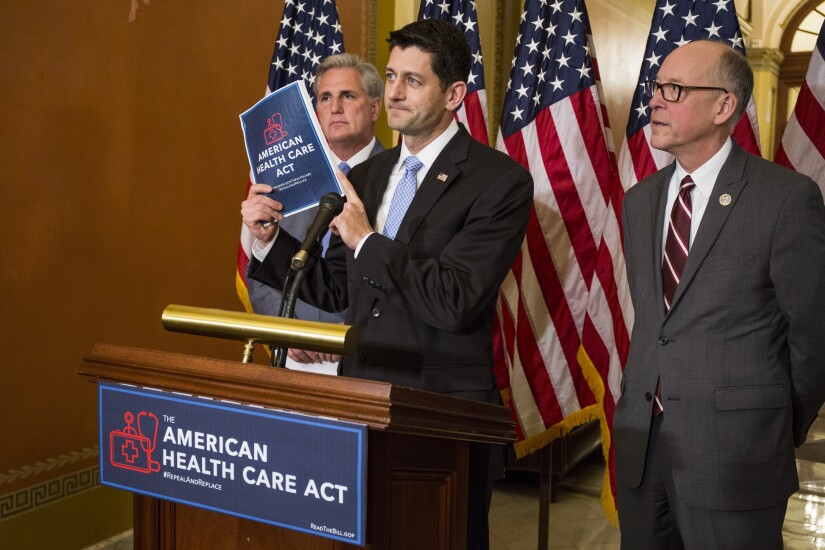Commentary about Trumpcare, health savings accounts and leave laws were among the most popular items this year.
EBN’s top 10 blogs of 2017
December 28, 2017 11:20 AM










Companies will need to work harder to retain employees, without "handcuffing" them to the business, says this HR expert.
Here are five parts of the country where seniors are living large in their golden years.
The new generative AI assistant aims to provide leaders with data-based actionable changes they can make to improve employee experience.
Prioritizing culture and implementing supportive benefits can set an organization apart from the competition.
Dr. David Adamson, founder and CEO of ARC Fertility, explains how employers can design more inclusive family planning benefits.
A stroke rehabilitation specialist explains the risk factors women face, and how certain lifestyle changes can keep them healthy.